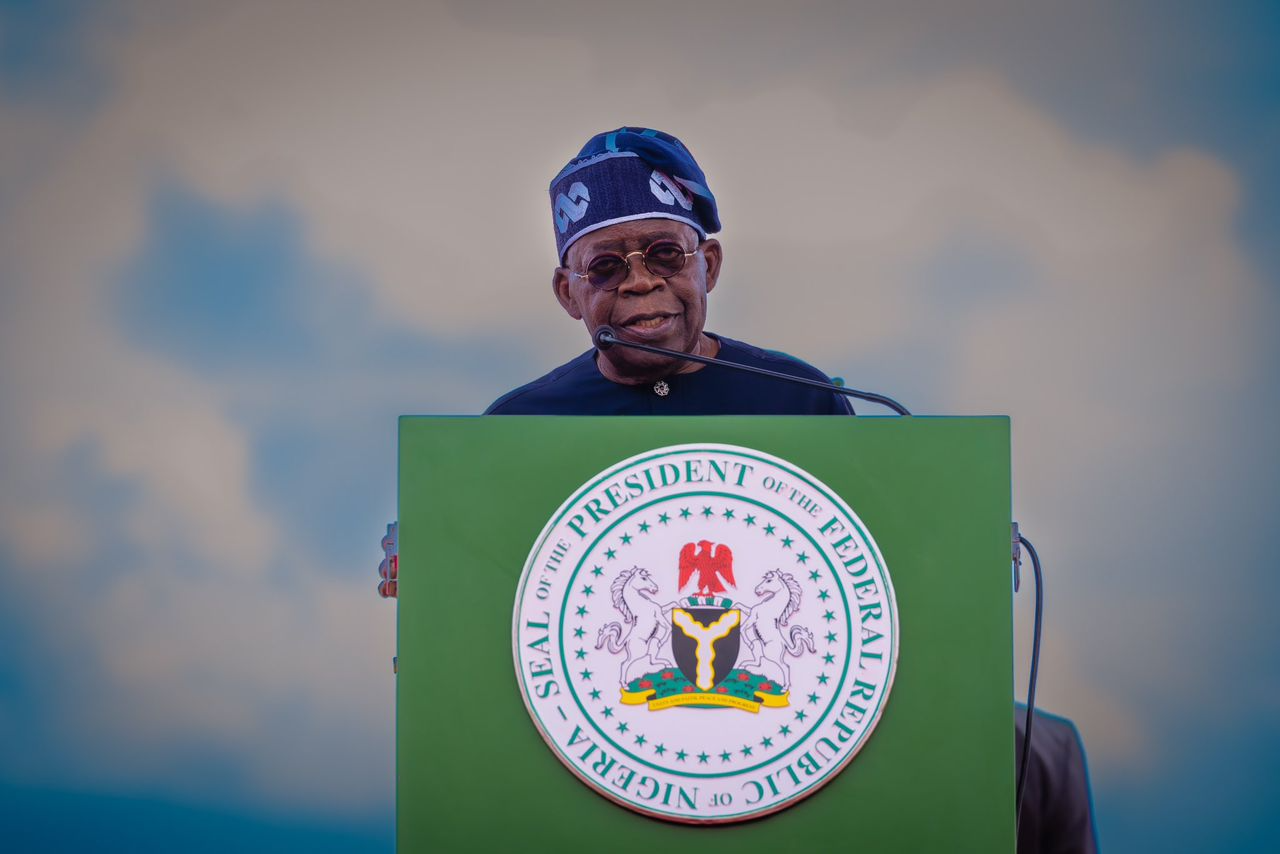Nigeria is Africa’s big brother, not just in name as the giant of Africa, but i deed, as it has always played key roles in stabilising African countries in leadership turmoil – with the struggle against Apartheid South Africa as one of its most outstanding contributions to the development of black Africa.
Nigeria consistently condemned apartheid through platforms like the UN and the Commonwealth. Nigeria headed the UN’s anti-apartheid committee uptil 1994, providing diplomatic pressure, as well as financial support to liberation movements like the ANC, African National Congress. Nigeria’s diplomatic position and role provided moral leadership, serving as inspiration to other African countries. Nigeria’s civil society organisations were not left out in the struggle as they raised awareness about the injustices of apartheid. Nigeria’s key role above all else, was instrumental in the dismantling of apartheid, and the establishment of a democratic South Africa.
In other similar interventions across West Africa, we had the ECOMOG, Economic Community of West African States Monitoring Group, which was a West African Military force established by the Economic Community of West African States (ECOWAS). This was quite active in the 1990s and 2000s, intervening in several conflicts in the West African region.
ECOMOG played a key role in brokering a ceasefire and facilitating elections after years of civil war in Liberia. The force was able to stop escalating violence and a humanitarian crisis. It also intervened in the Sierra Leone civil war to restore a democratically-elected government after a coup. The force pushed back rebel forces and stabilised the country, paving the way for peace negotiations. ECOMOG was also in Guinea-Bissau to quell a military rebellion. This prevented a full scale civil war and allowed for the restoration of a constitutional order. ECOMOG forces were also deployed in Cote d’Ivoire in the midst of a political crisis that spilled into an armed conflict. It was able to get the warring factions to negotiate a peace pact. Nigeria was central to all these interventions that provided regional security, along with a strong humanitarian component, providing protection for civilians affected by the wars.
Today, Guinea’s President Mamady Doumbouya after taking over through a coup d’etat is part of an elite military unit, becoming a battalion commander after taking over. General d’Armee Assimi Goita is the President of Mali, taking over from another military junta that overthrew a democratic government. Niger is also under military rule, led by General Tchiani, who overthrew President Bazoum. All these countries have somewhat experienced political instability, with increased security challenges from terrorism and armed conflict. Poverty has also been a fomenting fire that has sustained these armed conflicts.
These three countries pose a huge threat to the stability and growth of the sahel. The current situation in each of the countries has not yielded any meaningful progress in the way they have faced the challenges of economic and political instability. The military leadership in all of these countries have forged the agenda that the civilian administrations they toppled were in cahoots with foreign paymasters, stagnating their country’s growth and development. They believed they were experiencing a recolonisation of their countries by foreign interests, especially France. They insist on the emancipation of their countries from a stranglehold of western interference which is responsible for their under-development they insist. However, they are faced by internal power grabbing conflicts which have been more destructive than the agenda they were running away from.
Niger’s military takeover is the latest of the three, and the closest to home. We share a huge and hugely porous border with Niger, which makes the two countries vulnerable to the temperatures in each other’s domains. Niger is economically exposed and dependent on Nigeria, while Nigeria’s security challenges are helped or impeded by Niger’s position and stability. Nigeria’s attempt to restore democratic governance in Niger is akin to a big brother trying to whip his kid sister in line. Quite frankly, it wasn’t meant to be a recipe for war between the two countries. President Bola Ahmed Tinubu, through the NSA, Mallam Nuhu Ribadu, the Foreign Affairs Minister, Amb. M. Tuggar, and the Chief of Defence Staff, Gen. Christopher Gwabin Musa; has continued to explore diplomatic channels by which the temperature in Niger’s leadership crisis could be quelled. All of them have made several visits to Niger, Mali and Guinea, trying to keep the ECOWAS family together, as what affects them, affects all of us in the long-run. The CDS made visits to Guinea and Niger, with similar visits expected from the military leadership of the countries.
Gen. Tchiani’s recent remarks on Nigeria are perhaps a cry for help. The Hausa’s say, “ruwa ya qare wa dan kada”. He has lost steam and his people are beginning to see the vacuum in leadership he has foisted on them. Nothing has changed and they are increasingly growing impatient. He is dragging Nigeria into his equation of failure, heaping all blame on Nigeria. Nigeria does not want an unstable Niger.
Nigeria desires for a stable and economically strong Niger. The better they are, the more prosperous we are. Our proximity and history has eliminated all scenarios whereby any of the two will work independently of the other.
Revelations by Senator Kennedy on the USAID expenditures across the globe has shown that western interference has long transformed away from boots on the ground. NGOs and media houses/journalists are the new agents of destabilisation. French forces and military base on foreign soil of a country which is not even francophone is not just far-fetched, but hogwash. Gen. Tchiani is crying for help. The Nigerian government should leverage on this signal and quickly resolve the crisis in Niger. We cannot take our eyes off them. They hold the keys to our security stability with regards to banditry and boko haram threats. Nigeria must find the anti-apartheid spirit it adopted in South Africa, to get Niger back on track democratically. We mustn’t lose our patience, and we mustn’t lose our guard.
